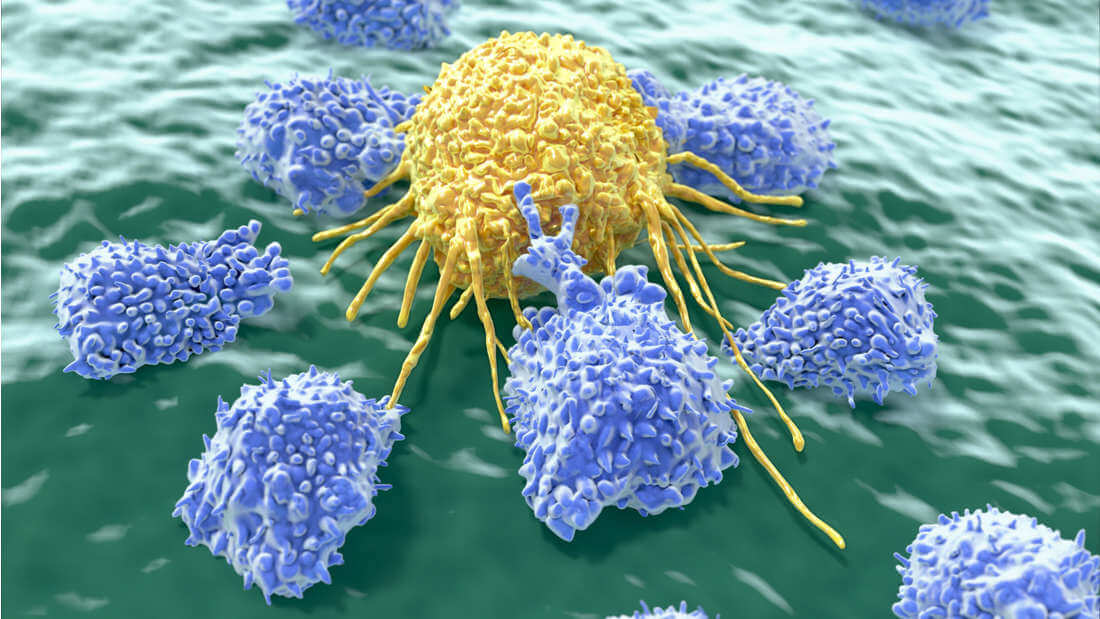
In February of this year, the journal Science Translational Medicine published a very promising material: the experimental cancer vaccine showed high efficacy in trials on laboratory mice. Even more joyous news to many will certainly be the information that now this vaccine moves to clinical trials on humans.
Researchers at the medical center at Stanford University found that injection consisting of two immune-stimulating agents directly into cancer lead to rapid recognition and destruction of cancer cells protective T-lymphocytes. However, the most interesting point in this experiment was the fact that the immune system begins to destroy cancer cells within the tumor but also the cancer cells that have managed to spread. This discovery was the beginning of the development of special vaccine able to resist cancer.
You’d think the researchers made a mistake by choosing the term “vaccine” they developed methods of confrontation cancer. But, if you think about it, we are dealing with provocation of the immune system through injection. That is why scientists call their discovery a “vaccine against cancer” and nothing else. Typically, T cells are ineffective against cancer cells, they just are not able to distinguish them from the healthy. The fact that cancer cells emit chemicals that allow them to remain invisible to the immune system.
Existing methods of treating cancer using the antibodies used in their basis of highly specific mutations, to track down certain cancer cells. Accordingly, they are effective only against certain types of cancer. The recently approved CAR therapy also modifies T cells at the genetic level, and this requires an individual approach to each individual patient. In contrast to the above methods, the method of Stanford scientists is more versatile, moreover, it destroys not only the cancer cells inside the tumor, but also metastatic cells.
Speaking about the effectiveness of new techniques, impossible to do without numbers: to date, scientists have managed to cure 97% of mice from lymphoma. Currently starting clinical trials on people suffering from negotinska b-cell lymphomas. Project leader Dr. Ronald levy is planning to recruit two control groups in a total population of 35 people by the end of this year. The main purpose of clinical trials is to calculate the optimal dosage, and identify side effects of new treatment methods.
Promising a vaccine against cancer are beginning to experience the people
Sergey Grey